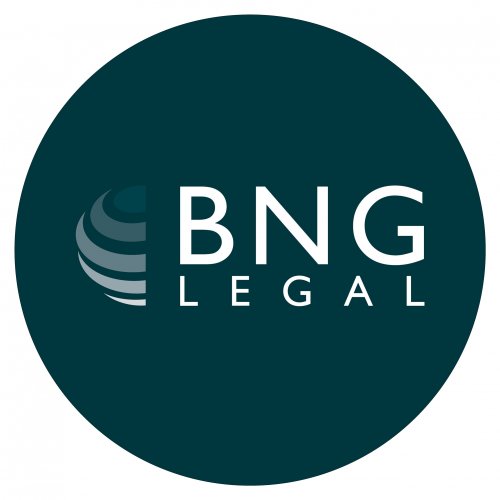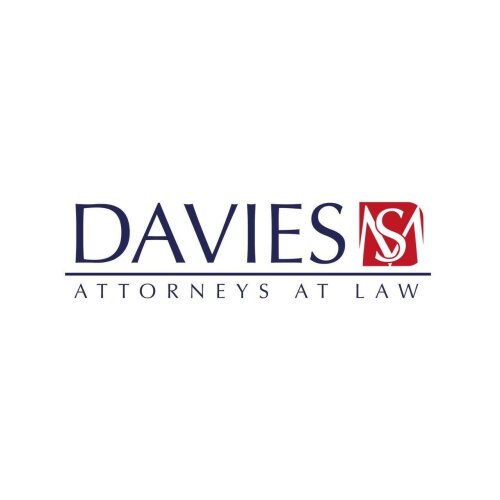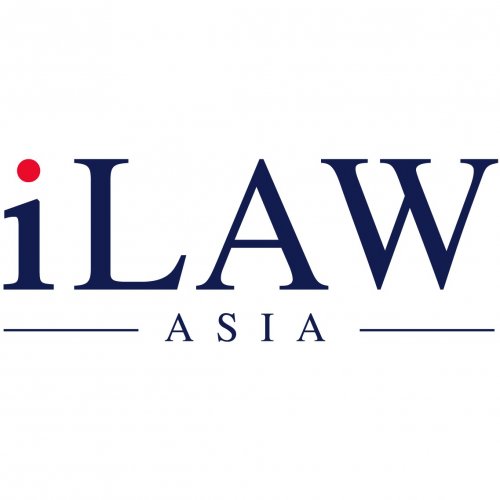Best Financial Services Regulation Lawyers in Phnom Penh
Share your needs with us, get contacted by law firms.
Free. Takes 2 min.
List of the best lawyers in Phnom Penh, Cambodia
About Financial Services Regulation Law in Phnom Penh, Cambodia
Financial Services Regulation in Phnom Penh, Cambodia, is primarily governed by a combination of national legislation, regulatory authorities, and international agreements. The National Bank of Cambodia (NBC) is the central authority responsible for overseeing financial institutions and ensuring the safety and soundness of the financial system. Key legislations include the Law on Banking and Financial Institutions, the Anti-Money Laundering Law, and various prakas (regulations) issued by the NBC. These laws aim to regulate financial operations, maintain stability, protect consumers, and ensure transparency and fairness in the market.
Why You May Need a Lawyer
Engaging with Cambodia's financial services regulation can be complex, especially for individuals or companies unfamiliar with the local legal landscape. A lawyer may be essential in various situations, such as:
- Starting a financial services business and needing to comply with licensing requirements.
- Facing regulatory investigations or audits by the National Bank of Cambodia or other authorities.
- Navigating legal disputes with clients or financial institutions.
- Ensuring compliance with anti-money laundering laws and other financial regulations.
- Understanding and implementing legal changes affecting financial operations.
- Seeking advice for investment guidelines and compliance with international financial standards.
Local Laws Overview
The financial services sector in Phnom Penh is primarily regulated by the following key components:
- Law on Banking and Financial Institutions: This law governs the establishment, supervision, and regulation of banks and financial institutions, ensuring stability and protecting customer interests.
- Anti-Money Laundering Law: Aimed at preventing and combatting money laundering and financing of terrorism, this law requires financial institutions to implement robust customer due diligence and reporting mechanisms.
- Prakas issued by the NBC: These are specific regulations that cover various aspects of financial operations, including credit, savings, electronic transactions, and more.
- Consumer Protection Laws: These laws safeguard the rights of consumers in financial dealings, ensuring transparency and fairness in financial contracts and services.
Frequently Asked Questions
What is the role of the National Bank of Cambodia in financial regulation?
The National Bank of Cambodia acts as the central regulatory authority overseeing the banking and financial services sector, ensuring compliance with laws and regulations, promoting financial stability, and protecting consumer rights.
Do I need a license to operate a financial services business in Phnom Penh?
Yes, financial service providers must obtain a license from the National Bank of Cambodia and comply with various regulatory requirements to legally operate in Phnom Penh.
How can I ensure compliance with the Anti-Money Laundering Law?
Implementing strong customer due diligence processes, ongoing monitoring of transactions, and regular reporting to relevant authorities are essential for compliance with the Anti-Money Laundering Law.
What should I do if I face a regulatory investigation?
Seeking prompt legal advice from a qualified lawyer is crucial in understanding your rights and responsibilities and navigating the regulatory process effectively.
Can I access international financial markets from Phnom Penh?
Yes, but it is essential to comply with local and international regulatory requirements, seek advice on investment regulations, and understand the financial instruments you are dealing with.
What consumer protection measures exist in financial services?
Consumer protection laws ensure fairness and transparency in financial contracts and services, safeguarding consumers from unfair practices by financial institutions.
How are electronic financial transactions regulated?
Electronic transactions in Phnom Penh are governed by specific prakas issued by the National Bank of Cambodia, focusing on security, consumer protection, and data privacy.
What are the penalties for non-compliance with financial regulations?
Penalties for non-compliance can range from fines and sanctions to revocation of licenses, depending on the severity and nature of the violation.
How can I stay updated on changes in financial regulation?
Regularly reviewing updates from the National Bank of Cambodia, consulting with legal professionals, and participating in industry forums can help stay informed about regulatory changes.
What legal recourse is available for financial disputes?
Legal recourse for financial disputes may involve arbitration, mediation, or litigation, depending on the nature of the dispute and the contractual agreements in place.
Additional Resources
For further assistance with Financial Services Regulation in Phnom Penh, the following resources may be helpful:
- National Bank of Cambodia: The central authority responsible for regulating the financial sector.
- Ministry of Economy and Finance: Offers information on economic policies and financial regulations.
- Cambodia Securities Exchange: Provides insights into securities laws and investment guidelines.
- Local Law Firms: Engaging with a local law firm specializing in financial services can offer tailored advice and support.
Next Steps
If you require legal assistance in Financial Services Regulation in Phnom Penh, consider the following steps:
- Identify the specific legal issue or regulatory requirement you need assistance with.
- Consult with a legal professional or law firm experienced in financial services regulation in Cambodia.
- Gather all relevant documents and information related to your situation for a comprehensive legal consultation.
- Discuss your options, potential risks, and strategies with your legal advisor to chart a course of action.
Lawzana helps you find the best lawyers and law firms in Phnom Penh through a curated and pre-screened list of qualified legal professionals. Our platform offers rankings and detailed profiles of attorneys and law firms, allowing you to compare based on practice areas, including Financial Services Regulation, experience, and client feedback.
Each profile includes a description of the firm's areas of practice, client reviews, team members and partners, year of establishment, spoken languages, office locations, contact information, social media presence, and any published articles or resources. Most firms on our platform speak English and are experienced in both local and international legal matters.
Get a quote from top-rated law firms in Phnom Penh, Cambodia — quickly, securely, and without unnecessary hassle.
Disclaimer:
The information provided on this page is for general informational purposes only and does not constitute legal advice. While we strive to ensure the accuracy and relevance of the content, legal information may change over time, and interpretations of the law can vary. You should always consult with a qualified legal professional for advice specific to your situation.
We disclaim all liability for actions taken or not taken based on the content of this page. If you believe any information is incorrect or outdated, please contact us, and we will review and update it where appropriate.















